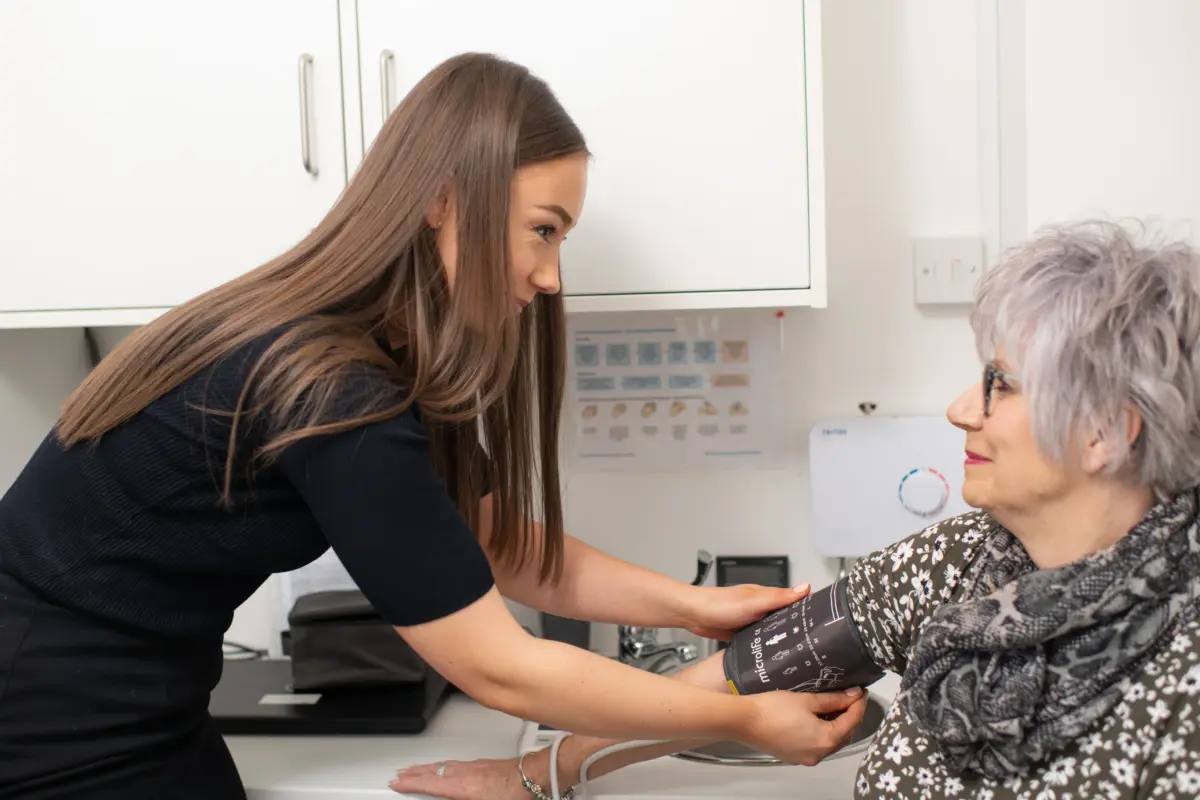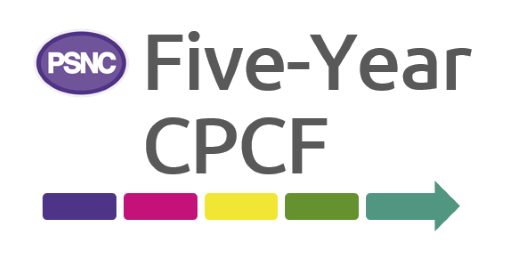Service case study: the Midlands Community Pharmacy Extended Care Service
NHS England & NHS Improvement (NHSE&I) Midlands launched a Community Pharmacy Extended Care Service in December 2020. The service includes a suite of patient group directions (PGDs) which allow pharmacists to treat patients presenting with certain conditions that otherwise would have to be seen by prescribers in a general practice.
This is the first locally commissioned service of this type to cover such a wide geographical area – the whole NHS Midlands region – covering 15 Local Pharmaceutical Committees (Birmingham & Solihull, Coventry, Derbyshire; Dudley; Hereford & Worcestershire, Leicestershire; Lincolnshire; North Staffordshire & Stoke on Trent, Northamptonshire, Nottinghamshire, Shropshire, South Staffordshire, Walsall, Warwickshire and Wolverhampton).
The overall aim of the service is to ensure that patients can access self-care advice for the treatment of a range of conditions, and, where appropriate, can be supplied with prescription only medicines, including antibiotics, to treat their condition. The service originally started as a Urinary Tract Infection (UTI) and an Impetigo service which was originally commissioned by South Staffordshire Primary Care Trust. When the Shropshire and Staffordshire Local Professional Network was established, it worked with the NHS England Area Team for Staffordshire and Shropshire and the UTI and Impetigo services were expanded to cover the whole area team footprint and became part of a commissioned Pharmacy First Common Ailment Service (PFCAS) in Staffordshire and Shropshire. The same geography also piloted an Ear, Nose and Throat (ENT) Service that aimed to improve access to medication via community pharmacies for the treatment of specified ENT conditions (acute otitis externa, acute otitis media, acute bacterial sinusitis, chronic sinusitis, seasonal allergic rhinitis, and sore throat) and for acute bacterial conjunctivitis not suitable for treatment under the PFCAS.
Provision of the Extended Care Service provides both an alternative location and quicker access to advice and treatment for patients, compared to seeking treatment via a prescription from their GP, Out of Hours provider, urgent care centre or Emergency department.
Service components
The service has two tiers:
Tier 1 services can be offered by any interested pharmacy. This tier includes a service to treat simple UTIs in females (aged 16-64 years) which also has the option of use of dip stick testing to aid diagnosis, and a service to treat acute bacterial conjunctivitis in patients aged 3 months to 2 years (the latter service is under review following the change in licencing of chloramphenicol eye drops).
Tier 2a Skin services can also be offered by any interested pharmacy providing Tier 1 services. This tier includes the treatment of impetigo, infected insect bites and infected eczema.
Tier 2b services will only be available for offer by selected pharmacies. This tier is expected to focus on supporting patients with ENT conditions. In the Staffordshire and Shropshire areas, these will be the pharmacies that were originally providing the ENT service prior to its suspension due to the COVID-19 pandemic (March 2020). In other areas across the Midlands there will be a selection process with the expected aim of providing a good spread and coverage across each Primary Care Network. At this time, NHSE&I are working to confirm the conditions that this sub-tier will support, as well as working on new service level agreements and PGDs to support the service.
Training
Pharmacists providing Tier 1 and 2a services self-assess their readiness to provide these services using the CPPE Declaration of Competence Self-Assessment Framework for Minor Ailments Level 2 PGD Services. In addition, pharmacists are required to document that they have updated their knowledge on antimicrobial stewardship and clinical knowledge on the conditions being treated.
Pharmacists providing tier 2b services, based on the previous ENT pilot service, are likely to have to complete a bespoke, online and face-to-face training programme on diagnosis and management of ENT and eye conditions. The original training in the pilot programme was developed by CPPE and delivered by a team that included two GP trainers and CPPE tutor facilitators. Training included history taking, examination skills, training on recognising ‘red flag’ signs, awareness of symptoms that may be indicative of more serious conditions, diagnosis in vulnerable groups and how to use diagnostic equipment (otoscope, torch and digital ear thermometer).
Progress and Outcomes
So far, 924 pharmacies across the midlands have signed up to provide Tier 1 (by 30th April 2021). Of these, 299 had patients accessing the service at least once during the period from launch to the end of April 2021. There were 2515 patient consultations, with 2056 patients receiving antibiotics (81.75%), 76 agreeing to defer antibiotic treatment and only 21 of those returning for treatment (the 21 are included in the 2056 above).
861 dipstick tests were used to aid diagnosis of UTIs, where clinically indicated by the PGD, representing 34% of patients.
The Tier 2a skin service went live in late April 2021, with 541 pharmacies signing up to provide the service and 50 pharmacies having provided it at least once (92 patient consultations) by the end of that month.
Commenting on the service, Dr Gill Hall, formerly Service Development Officer at South Staffordshire LPC, and now supporting the Midlands LPCs and NHSE&I with locally commissioned services, said:
“This project is a great example of how community pharmacists can step up and deliver new and innovative services.”
”We started small and proved it worked. We collected data showing we were saving GP appointments and reducing pressure on the NHS by freeing up GP appointments that could be used for more complex patients. Our patient surveys showed that patients loved being able to access the service from their local community pharmacy.”
“Our forward looking NHSE&I team saw the potential and I am delighted that they have rolled the service out across the whole region and that our community pharmacists are supporting the services by signing up and seeing patients right across the patch.”
More information on the services can be found on the South Staffordshire LPC website. The LPC is hosting the documents for the services on behalf of all the LPCs across the midlands.








